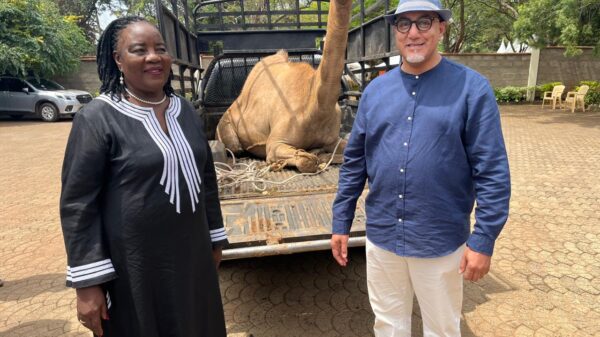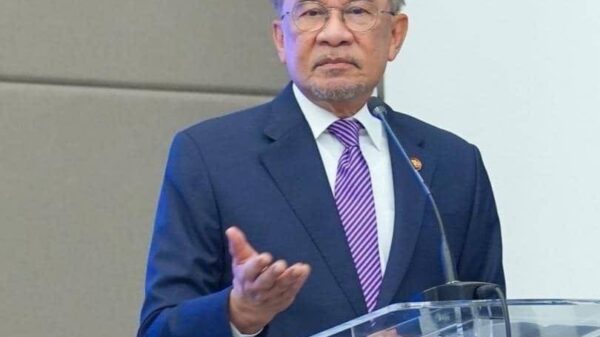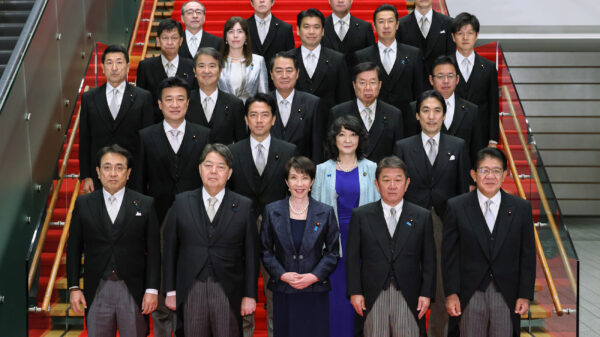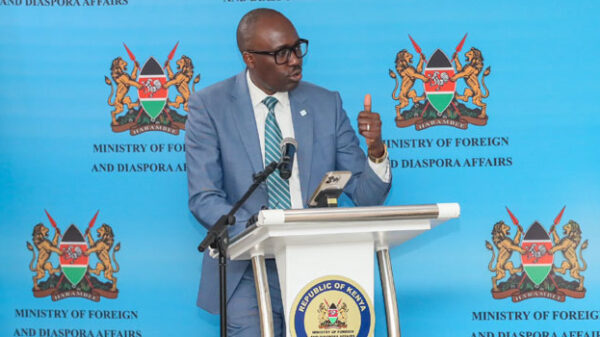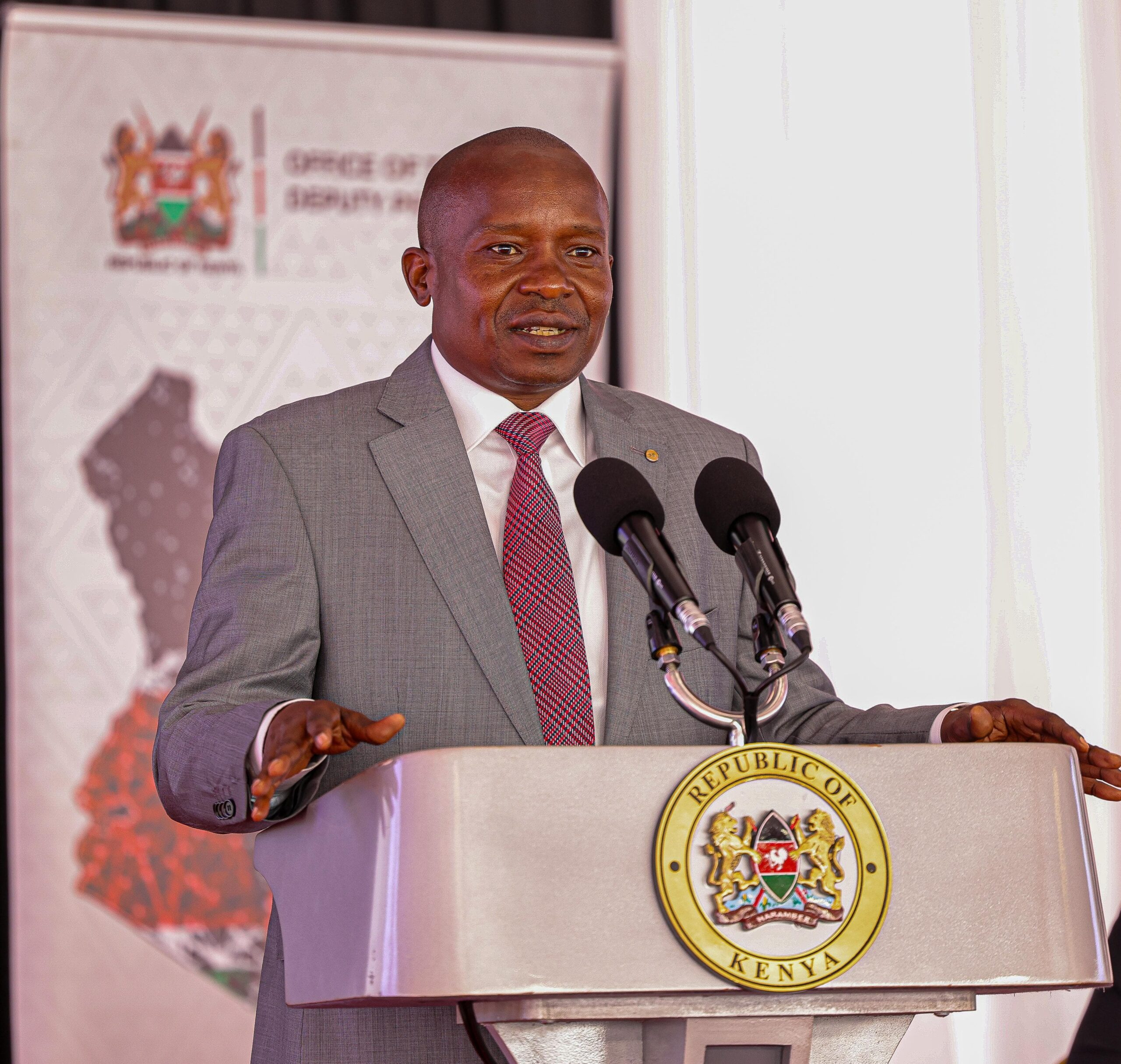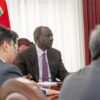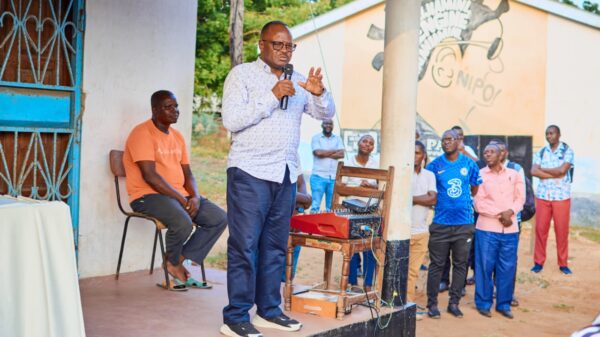NAIROBI,Kenya Sep 29 – Deputy President Kithure Kindikihas called for stronger alignment between the national and county governments on economic priorities, warning that fragmented approaches risk undermining growth and stability.
Speaking during an Intergovernmental Budget and Economic Council (IBEC) session, on Monday, Kindiki said both levels of government must pursue a shared agenda focused on stabilizing the economy, creating jobs, and improving livelihoods.
“We must look at the economy as an integrated whole. The priority issues that we are implementing should not be different between the national and county governments,” he said.
He identified macro-economic stability, value-chain reforms, infrastructure development, job creation, and improvements in health and education as the key issues that should unite both levels of government.
Kindiki further called for urgent action to resolve the long-standing crisis of pending bills, which he described as a stumbling block to economic recovery.
“We must confront this issue of pending bills and resolve it once and for all. It is very possible to conclusively address it if we do so innovatively,” he said.
The Deputy President also underscored the significance of the new TaifaCare program, terming it a bold and historic step in strengthening the country’s human capital through universal health coverage.
“We are implementing one of the most consequential healthcare programs. Many countries have tried and abandoned providing publicly funded universal health systems. Kenya has taken a bold step,” he said.
While affirming IBEC’s role as the cornerstone of dialogue between the two levels of government, Kindiki stressed that devolution must remain central to economic transformation.
“Devolution is about services closer to the people, decisions being made at lower levels of governance making them legitimate. It is about dispersal of power vertically. It is also about moving the country from one centre of growth in Nairobi to creating 47 centres of growth, simultaneously spurring the growth and renewal of our country,” he explained.
Kindiki said intergovernmental discussions will remain a permanent fixture of governance, noting: “Intergovernmental discussions and conversations will continue for eternity.”
The Deputy President assured that the government is committed to leveraging devolution, healthcare reforms, and fiscal discipline to build a stronger, more inclusive economy across the country.


